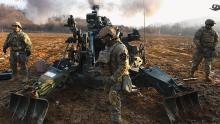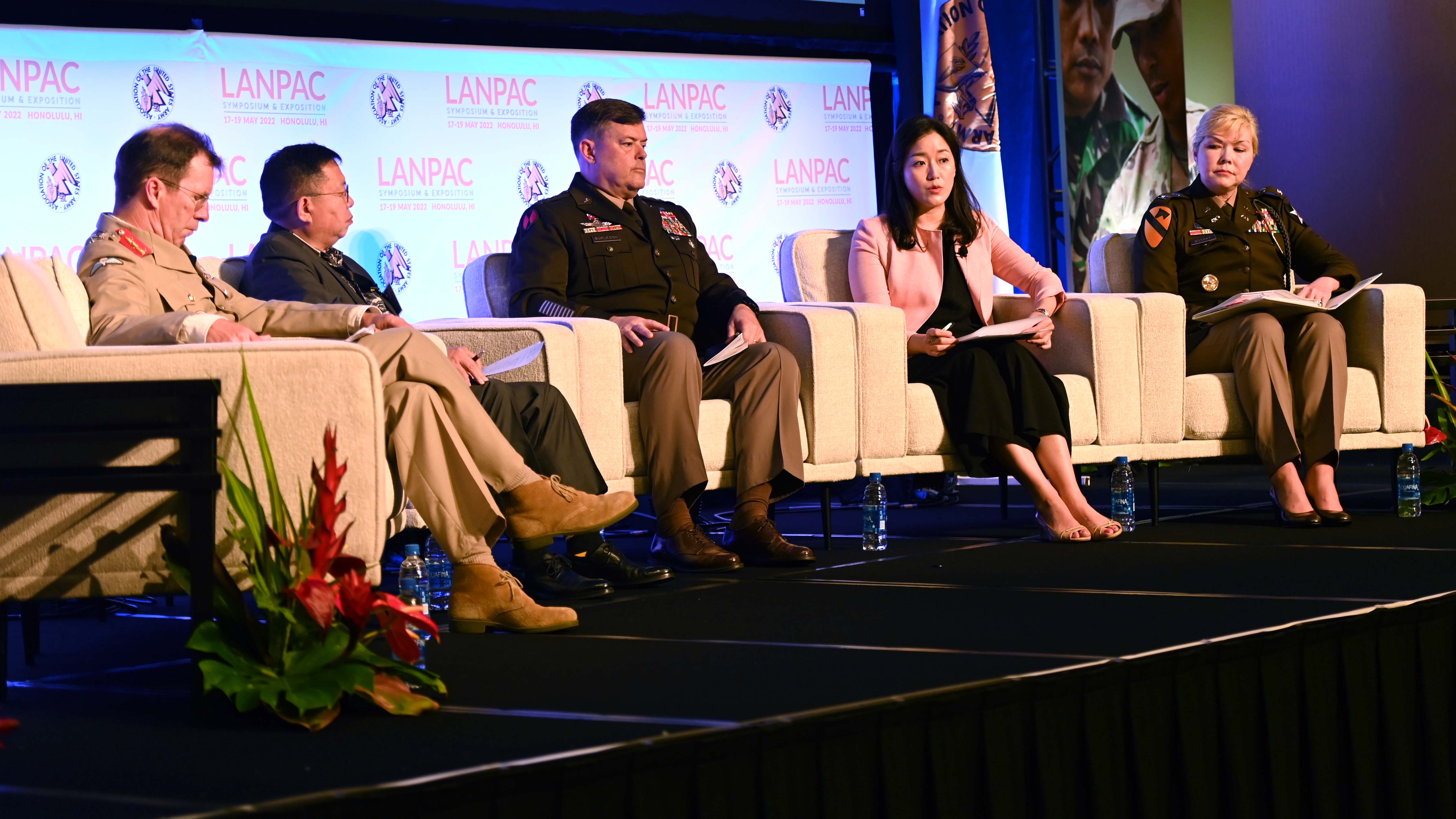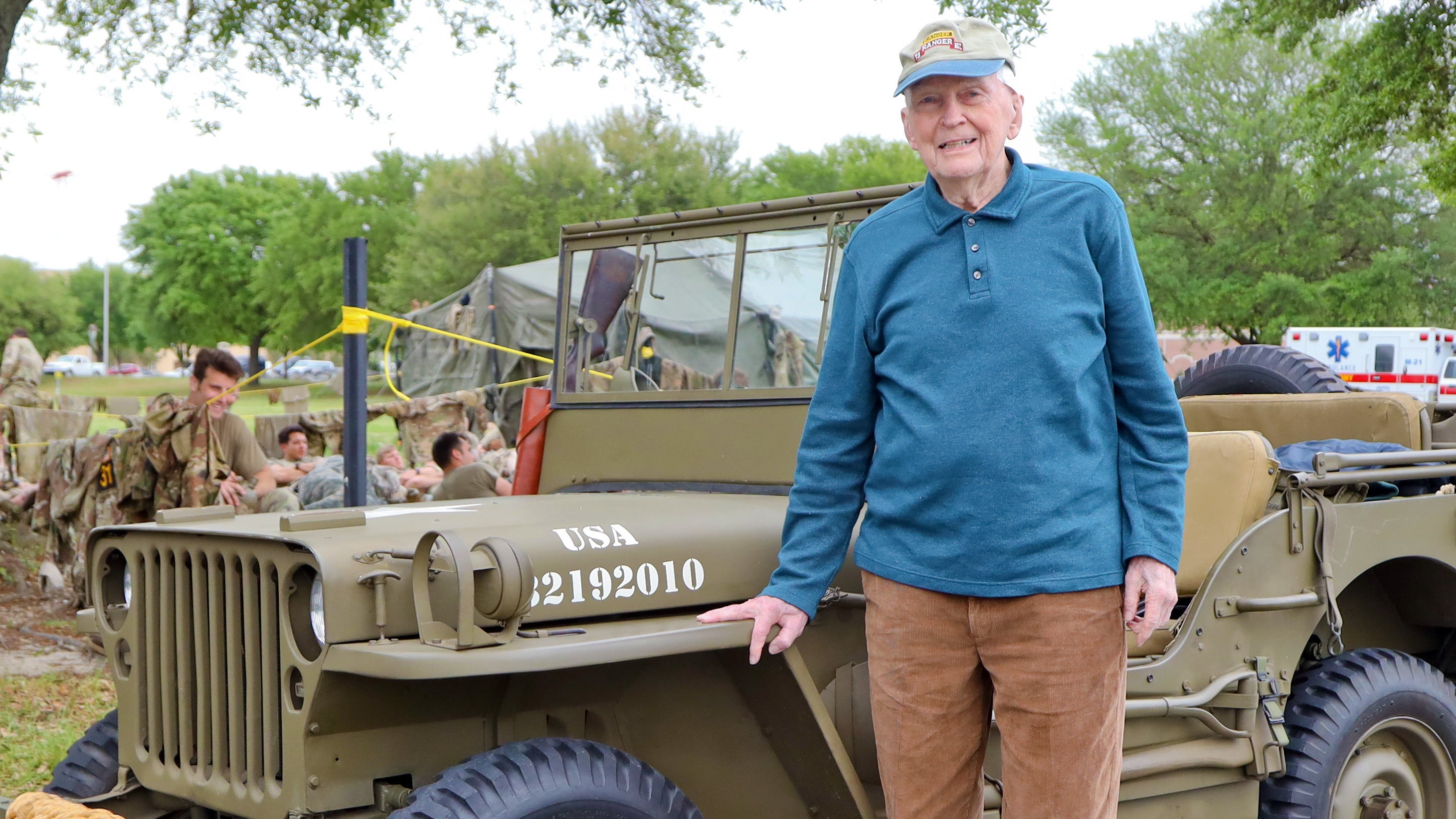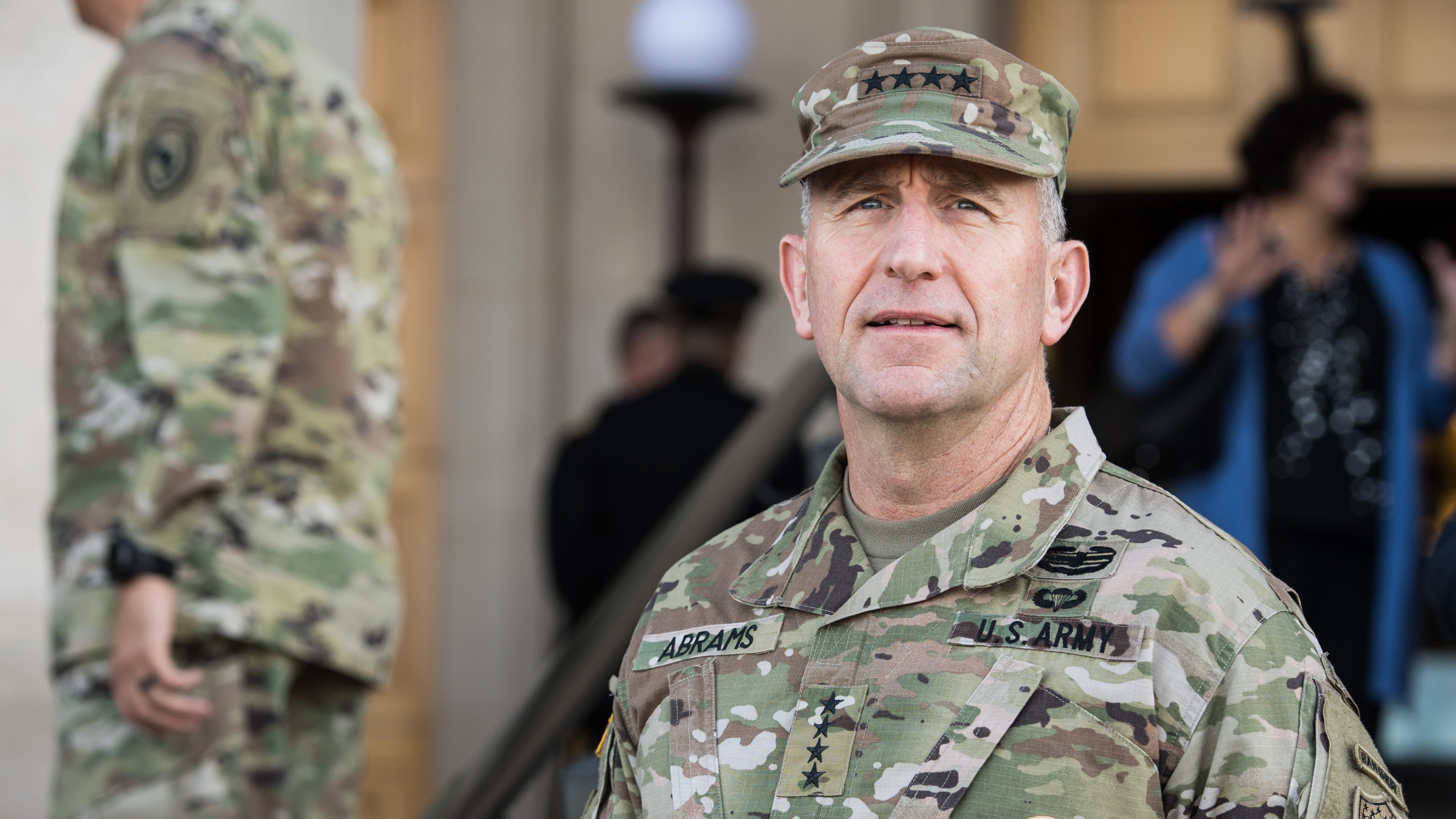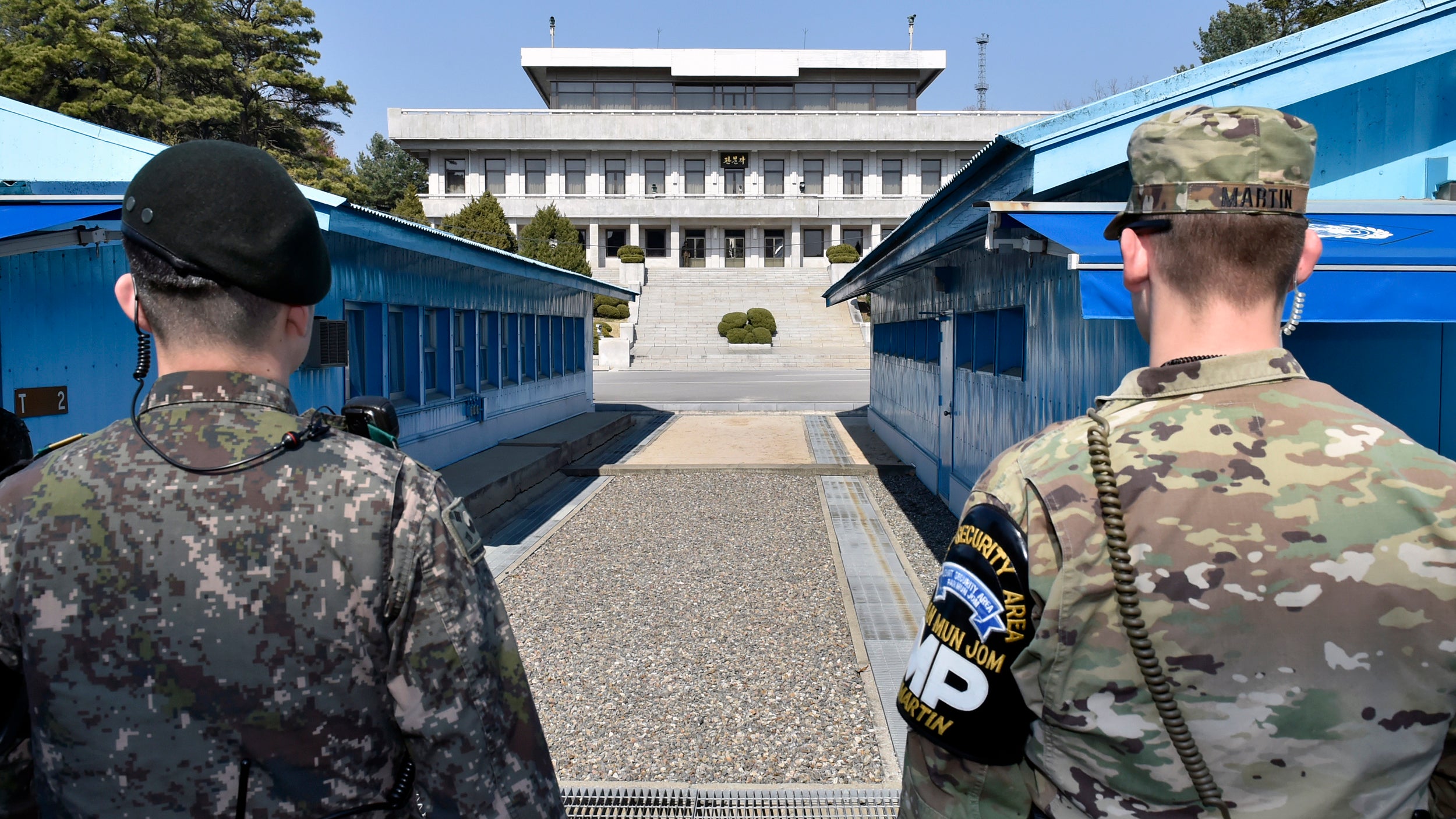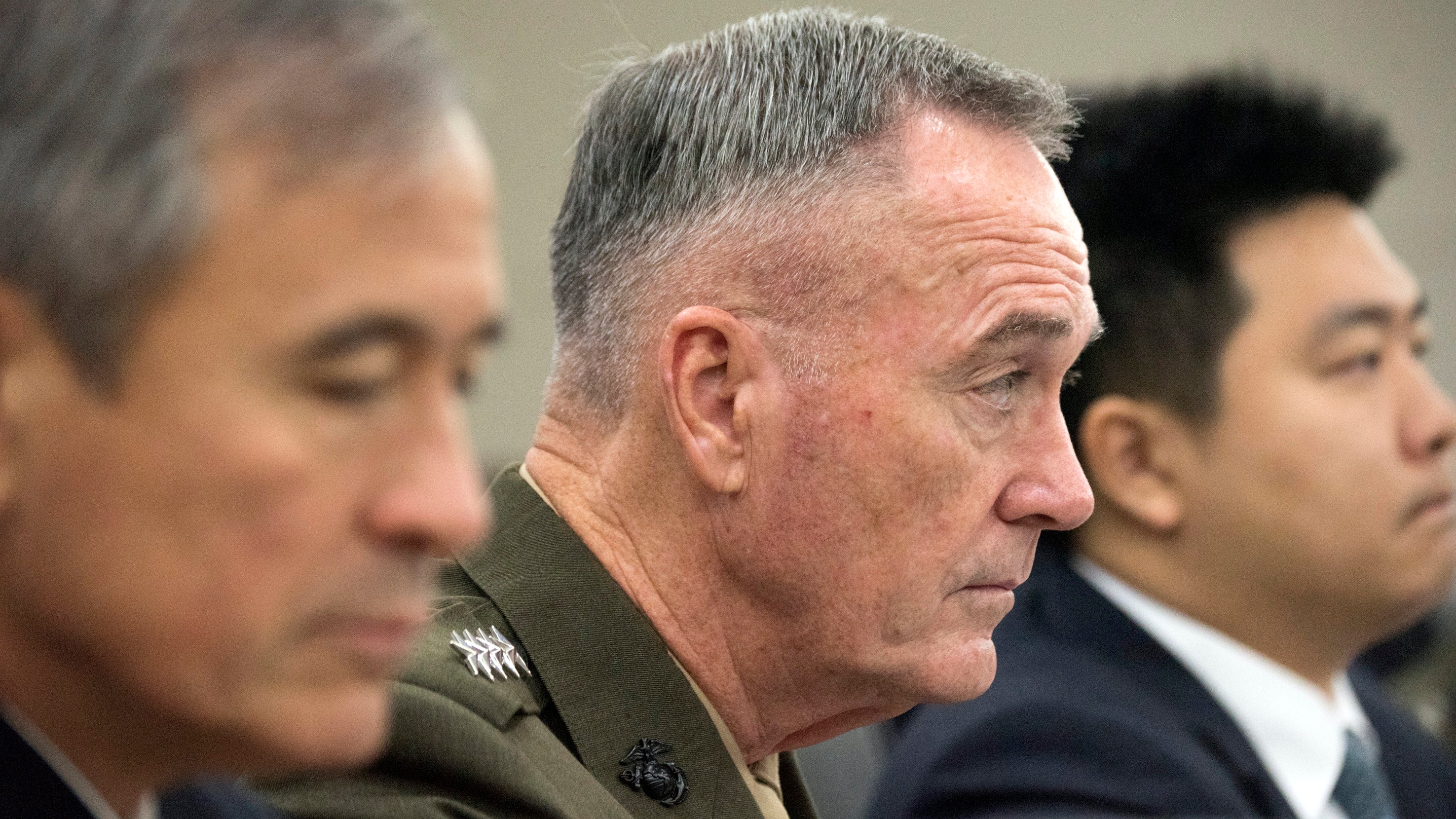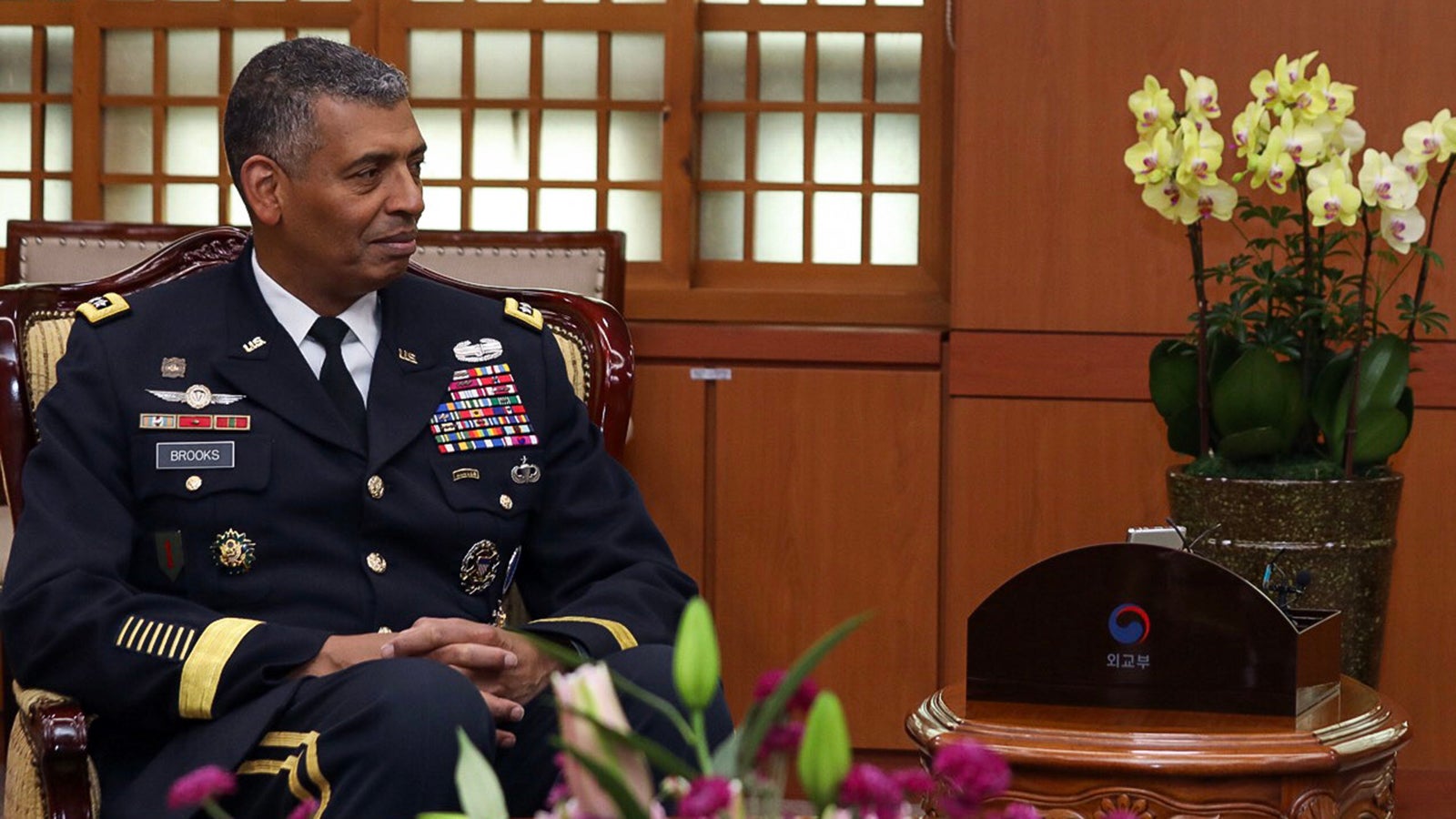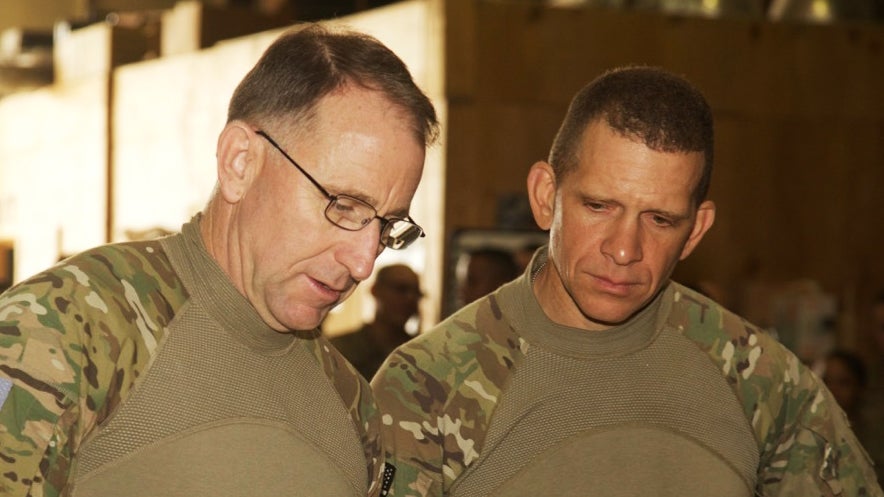LaCamera Warns of Possible Korean Crisis
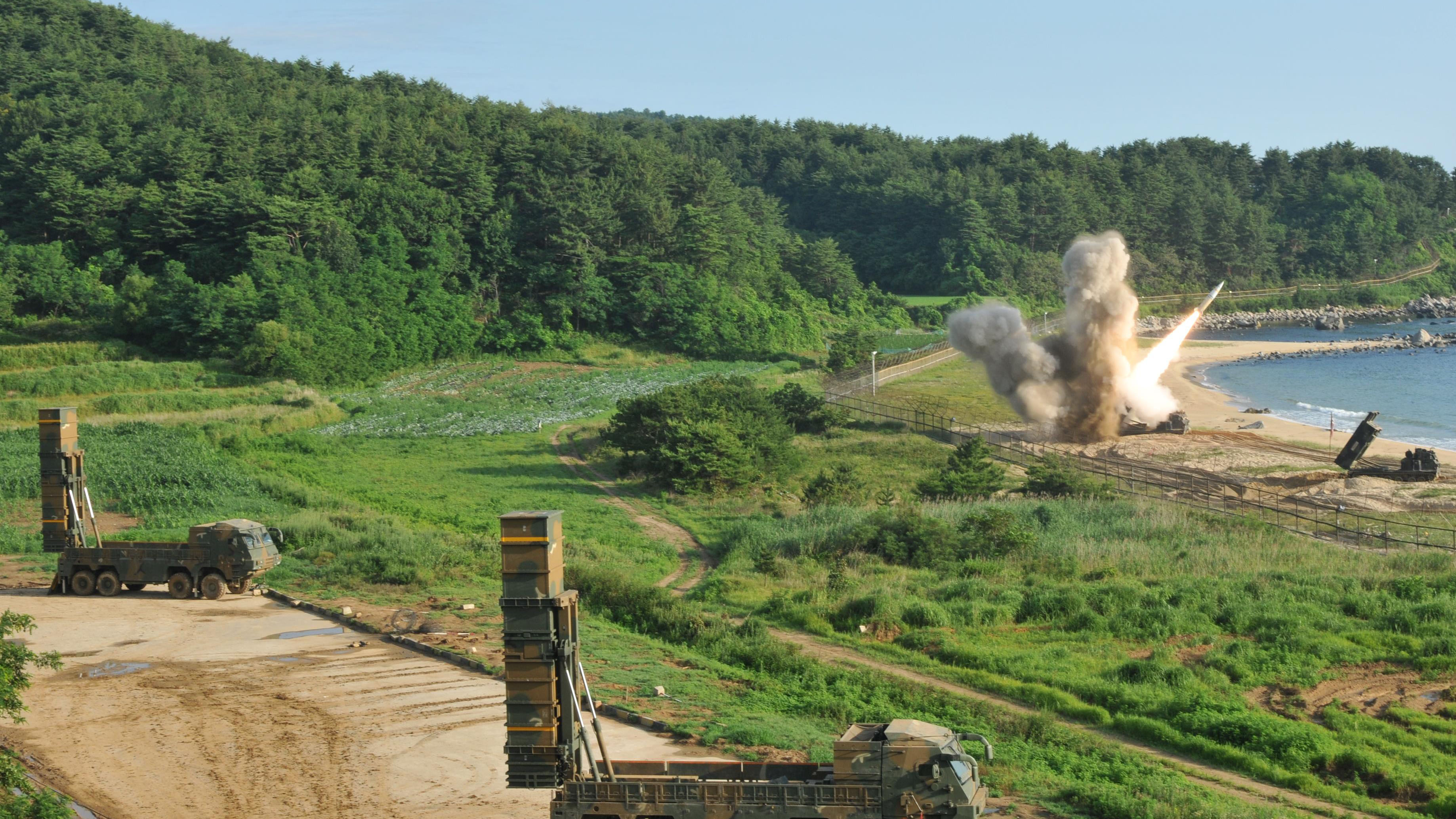
Miscalculation by North Korea’s leaders could quickly escalate into a global problem, the general in charge of U.S. Forces Korea warned.
“Such a conflict could immediately become a regional conflict and have a global impact, just as Russia’s war against Ukraine has,” Gen. Paul LaCamera said in testimony before the House Armed Services Committee.


